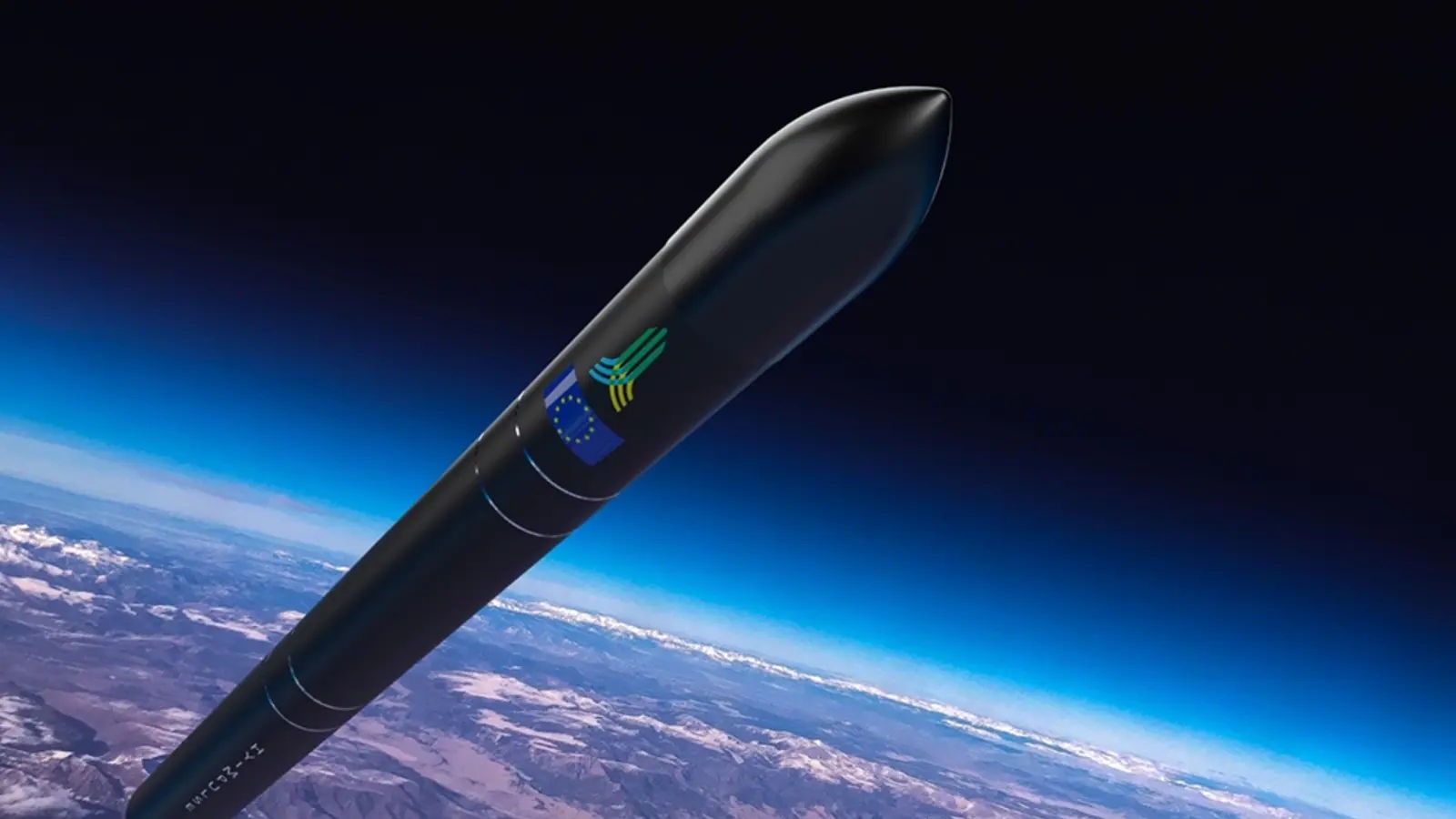
Space Science News: A German company has succeeded in sending a rocket into space for the first time by taking energy from the wax used in candles. This success in sending satellites into space at low cost is important for small businesses. The rocket was test-fired at 5 am on 7 May from the launch site at Coonibe, South Australia. It has been named AR 75. The length of the rocket used in the test is 12 meters. With the help of this rocket, a weight of 250 kg can be carried into space to a distance of 250 kilometers.
The boundary of outer space starts at 100 km above sea level. For the first time, paraffin i.e. candle and liquid oxygen were used to provide energy to this rocket. This fuel can be cooled to minus 432 degrees Celsius for use in rockets. 65 people are working at German space agency DLR's startup to develop the rocket.

Before this, the space agency has received an order worth about 100 million euros for sending satellites into space. The sole purpose of using paraffin in place of hydrogen in rockets to send satellites is to save fuel costs. Paraffin fuel will reduce future fuel costs by 50 percent. At present, India's ISRO and Elon Musk's company SpaceX are providing cheap services.
America, Russia, Europe and China are prominent in the satellite launching market. According to German website DW, most of the projects have been started with private money. Public funding has been minimal. The demand for commercial satellites has been increasing for the last few years. From 2000 to 2010, 70 to 110 satellites were launched into space, which increased to 586 from 2011 to 2019. From 2020 till now, more than 1 thousand satellites are being sent into space every year.
 look news india
look news india